
MAGIC: AI-assisted laser tag illuminates cancer origins
EMBL researchers have developed a new AI tool, which, through a game of molecular laser tag, is helping us better understand the origins of cancer.
SCIENCE & TECHNOLOGY2025
science-technology
Showing results out of

EMBL researchers have developed a new AI tool, which, through a game of molecular laser tag, is helping us better understand the origins of cancer.
SCIENCE & TECHNOLOGY2025
science-technology

Scientists identified individual stem cell-like cells responsible for leukaemia relapses in kids and precisely characterised their molecular properties.
SCIENCE & TECHNOLOGY2025
science-technology
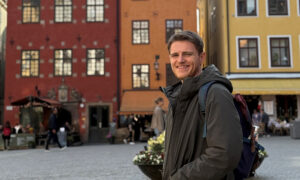
EMBL ARISE Fellow Thomas Weber talks about his secondment at SciLifeLab in Sweden and how it helped him develop new skills in data science.
PEOPLE & PERSPECTIVES2025
people-perspectives
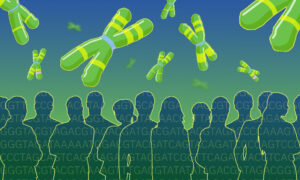
Ten years after the end of the 1000 Genomes Project, brand new insights emerge from its sample set, providing a more complete view of human genetic variation than ever before.
SCIENCE & TECHNOLOGY2025
sciencescience-technology

Blood stem cells from healthy people carry major chromosomal alterations, a study in Nature Genetics by researchers at the Max Delbrück Center and the European Molecular Biology Laboratory (EMBL) finds. The discovery suggests that we are all genetic mosaics, which may contribute to ageing-related…
SCIENCE & TECHNOLOGY2024
science-technology
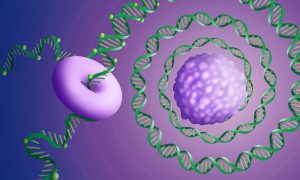
Using Oxford Nanopore long-read sequencing, EMBL scientists sequenced a primary childhood brain tumour known as a medulloblastoma, uncovering a novel complex mutation pattern.
2023
science
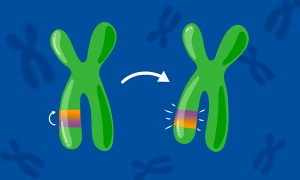
Researchers at EMBL Heidelberg found that inversions in the human genome are more common than previously thought, which impacts our understanding of certain genetic diseases.
SCIENCE & TECHNOLOGY2022
sciencescience-technology
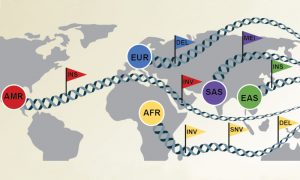
A collaboration including EMBL scientists has created the most diverse set of reference human genomes ever assembled.
SCIENCE & TECHNOLOGY2021
sciencescience-technology
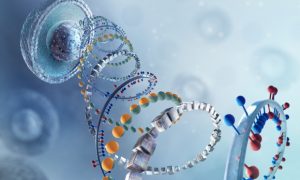
A national consortium including EMBL and the DKFZ is set to launch the German Human Genome–Phenome Archive, creating an invaluable bridge between fundamental biomedical research and applied healthcare.
CONNECTIONSLAB MATTERS2020
connectionslab-matters
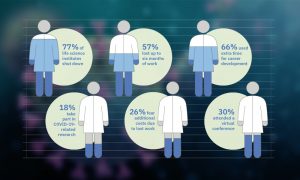
Jan Korbel and Oliver Stegle have performed a survey of fellow life scientists to learn how the current crisis, with partial or complete institutional shutdowns, is affecting their work.
LAB MATTERSSCIENCE & TECHNOLOGY2020
lab-mattersscience-technology

The causes of 40 percent of all cases of certain medulloblastoma – dangerous brain tumours affecting children – are hereditary. These are the findings of a recent genetic analysis carried out by scientists from EMBL and numerous colleagues around the world.
SCIENCE & TECHNOLOGY2020
sciencescience-technology
A detailed analysis of data from 185 human genomes sequenced in the course of the 1000 Genomes Project, by scientists at the European Molecular Biology Laboratory (EMBL) in Heidelberg, Germany, in collaboration with researchers at the Wellcome Trust Sanger Institute in Cambridge, UK, as well as the…
SCIENCE & TECHNOLOGY2011
sciencescience-technology
The 1000 Genomes Project, a major international collaboration to build a detailed map of human genetic variation, has completed its pilot phase. The results are now published in the journal Nature and freely available through the European Molecular Biology Laboratory’s European Bioinformatics…
SCIENCE & TECHNOLOGY2010
sciencescience-technology
Once the human genome was sequenced in 2001, the hunt was on for the genes that make each of us unique. But scientists at the European Molecular Biology Laboratory (EMBL) in Heidelberg, Germany, and Yale and Stanford Universities in the USA, have found that we differ from each other mainly because…
SCIENCE & TECHNOLOGY2010
sciencescience-technology
No results found